Adam Mann
Adam Mann is a freelance space and physics reporter. He has a degree in astrophysics from University of California, Berkeley, and a master’s in science writing from UC Santa Cruz.

Trustworthy journalism comes at a price.
Scientists and journalists share a core belief in questioning, observing and verifying to reach the truth. Science News reports on crucial research and discovery across science disciplines. We need your financial support to make it happen – every contribution makes a difference.
All Stories by Adam Mann
-
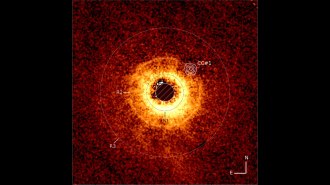 Planetary Science
Planetary ScienceIn a first, the Webb telescope found a planet by actually ‘seeing’ it
Finding a Saturn-sized world around the young star TWA 7 could pave the way for the Webb space telescope’s direct observation of other exoplanets.
-
 Space
SpaceLife’s ingredients have been found in samples from asteroid Bennu
Samples from NASA’s OSIRIS-REx mission show the asteroid Bennu had organic molecules and minerals and possibly salty water and other life ingredients.
-
 Cosmology
CosmologyHow did dark matter shape the universe? This physicist has ideas
Theoretical physicist Tracy Slatyer proposes new scenarios for dark matter and helped discover the Fermi bubbles.
-
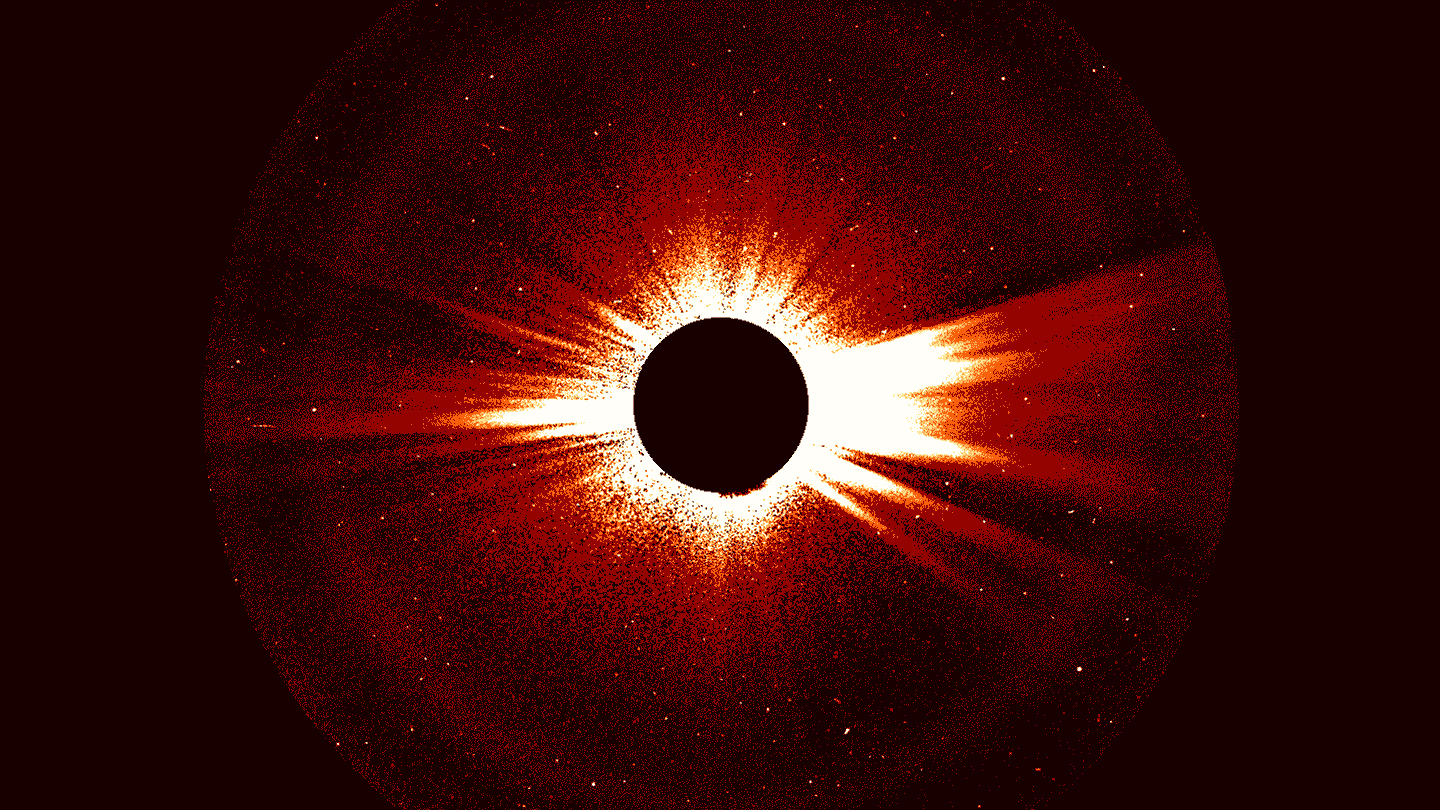 Space
Space2 spacecraft caught the waves that might heat and accelerate the solar wind
Data from NASA’s Parker Solar Probe and ESA’s Solar Orbiter might have cracked an enduring solar riddle. But not everyone yet agrees.
-
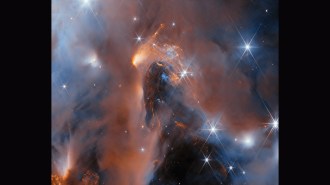 Planetary Science
Planetary ScienceThe Webb telescope’s peek into a stellar nursery finds baby planets too
Images by the James Webb telescope of six Jupiter-sized worlds, one of which may have a moon-forming disk, reveal clues into how planets and stars form.
-
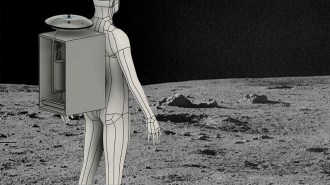 Space
SpaceA Dune-inspired spacesuit turns astronaut pee into drinking water
The spacesuit design collects urine, filters it, adds electrolytes and stores the cleaned water for the astronaut to drink.
-
 Cosmology
CosmologyStrange observations of galaxies challenge ideas about dark matter
A new look at how light bends as it travels through the universe could point to an alternative theory of gravity.
-
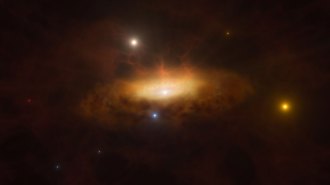 Space
SpaceAstronomers watch a supermassive black hole turn on for the first time
A galaxy transitioned from being dim and quiet to bright and active, giving astronomers insight into active galactic nuclei.
-
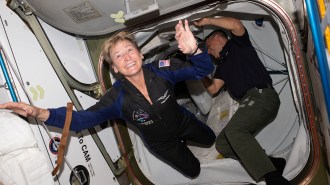 Space
SpaceHuman spaceflight’s new era is fraught with medical and ethical questions
A new project called the Space Omics and Medical Atlas aims to study and document astronaut health as commercial spaceflight starts to take off.
-
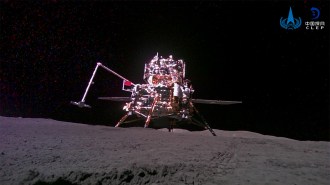 Space
SpaceChina’s Chang’e-6 snagged the first samples from the farside of the moon
The samples, which will be returned to Earth in late June, could help researchers figure out why the moon’s two sides are so starkly different.
-
 Space
SpaceThe sun is entering solar maximum. Expect auroras, and more
May saw the strongest auroras in recent memory. As the sun gets more active, those light shows may be a preview of what’s to come until at least 2026.
-
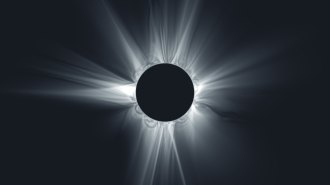 Space
SpaceHere’s how predictions of the sun’s corona during the 2024 eclipse fared
Models from Predictive Science Inc. forecasted the appearance of the sun’s corona during the April eclipse to better understand our star.